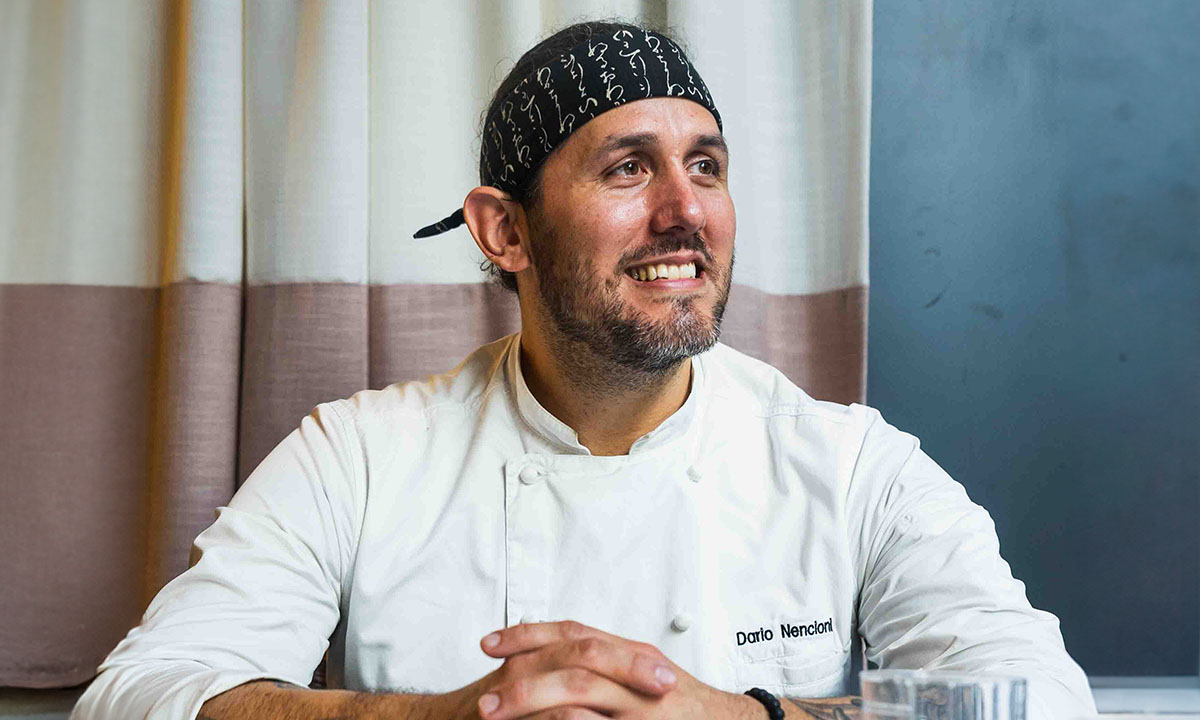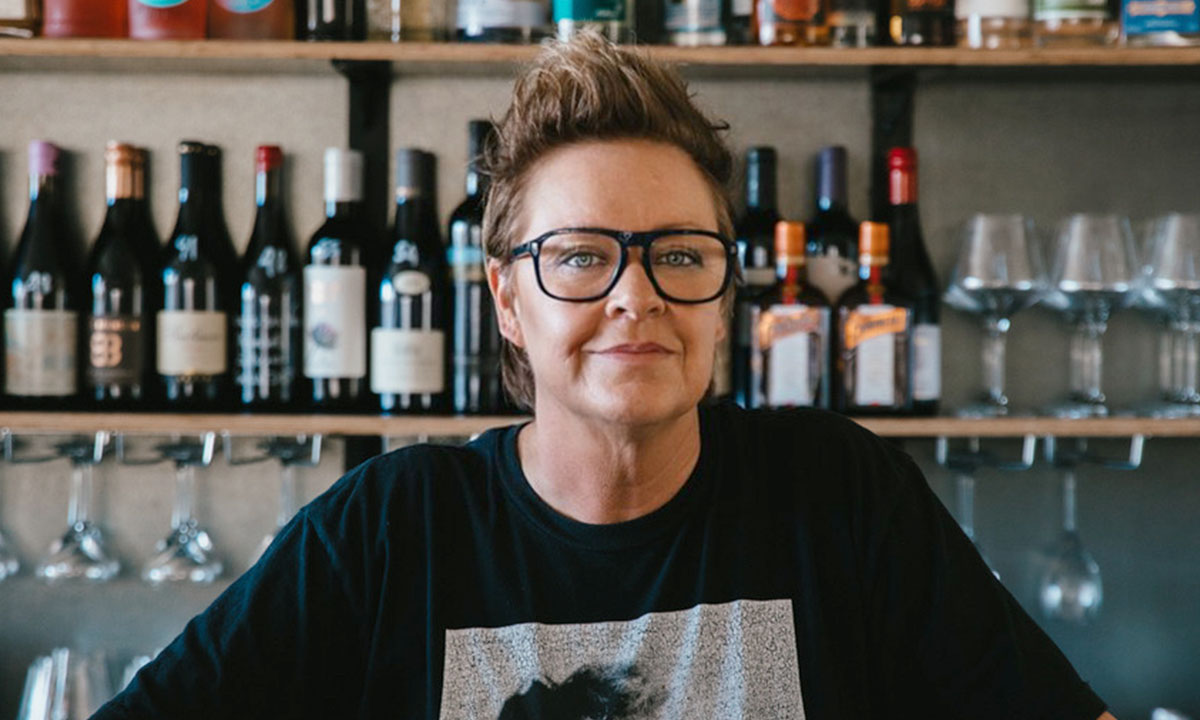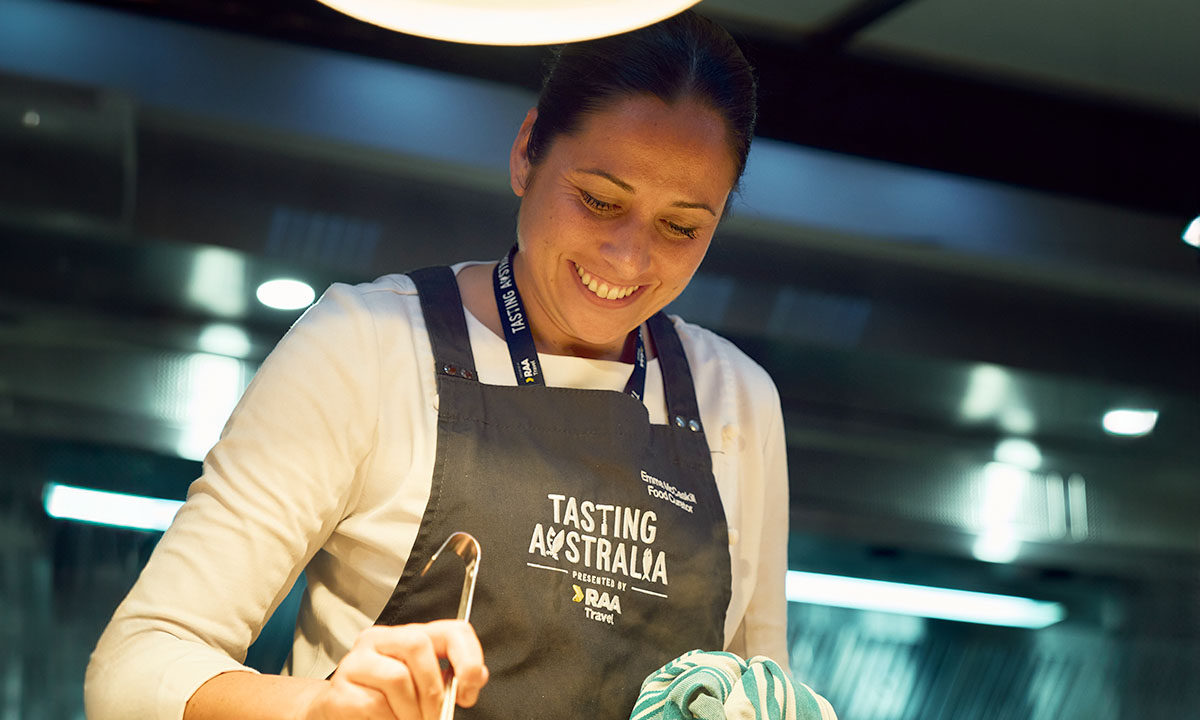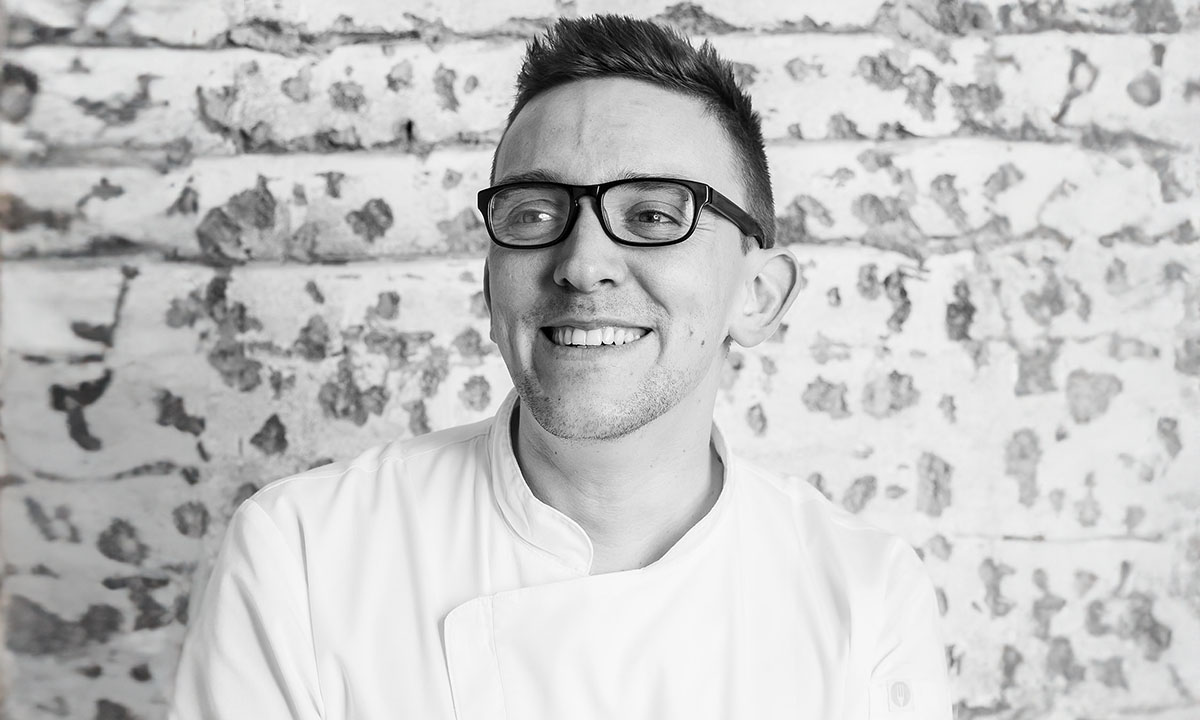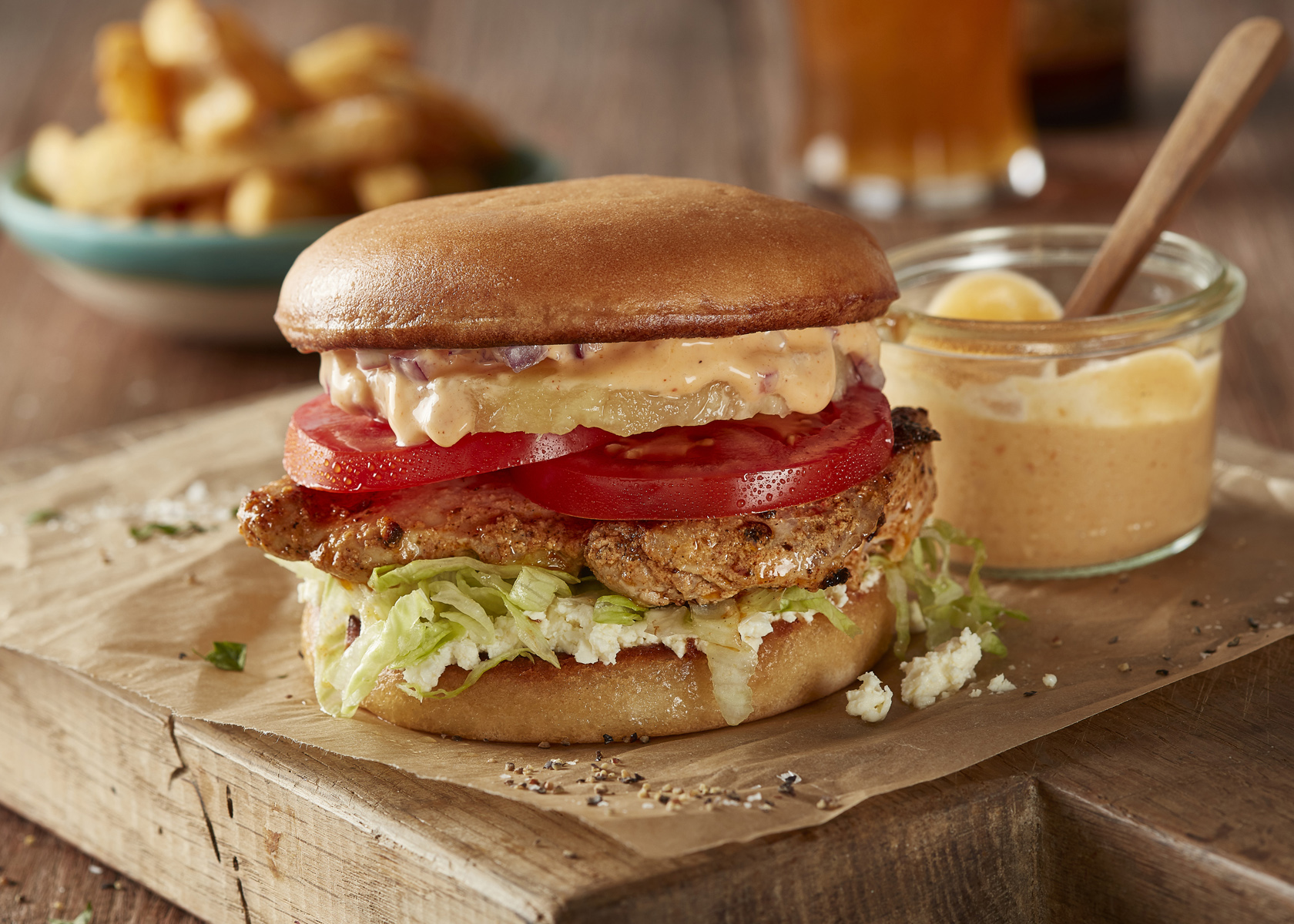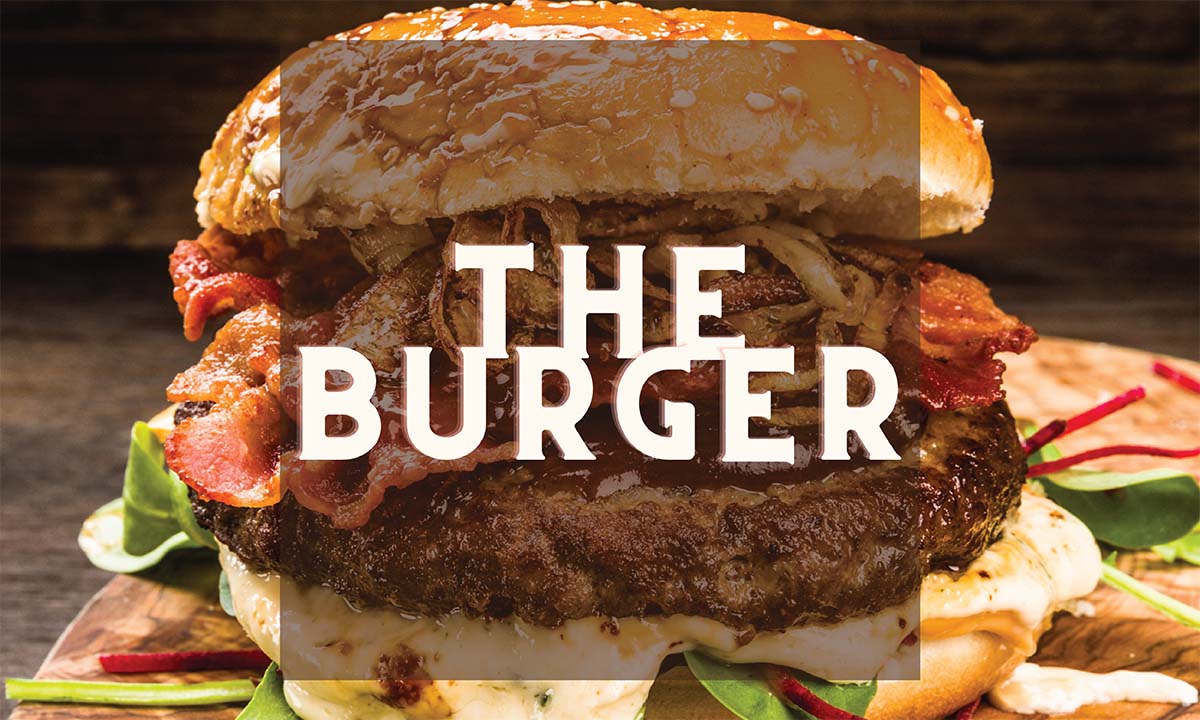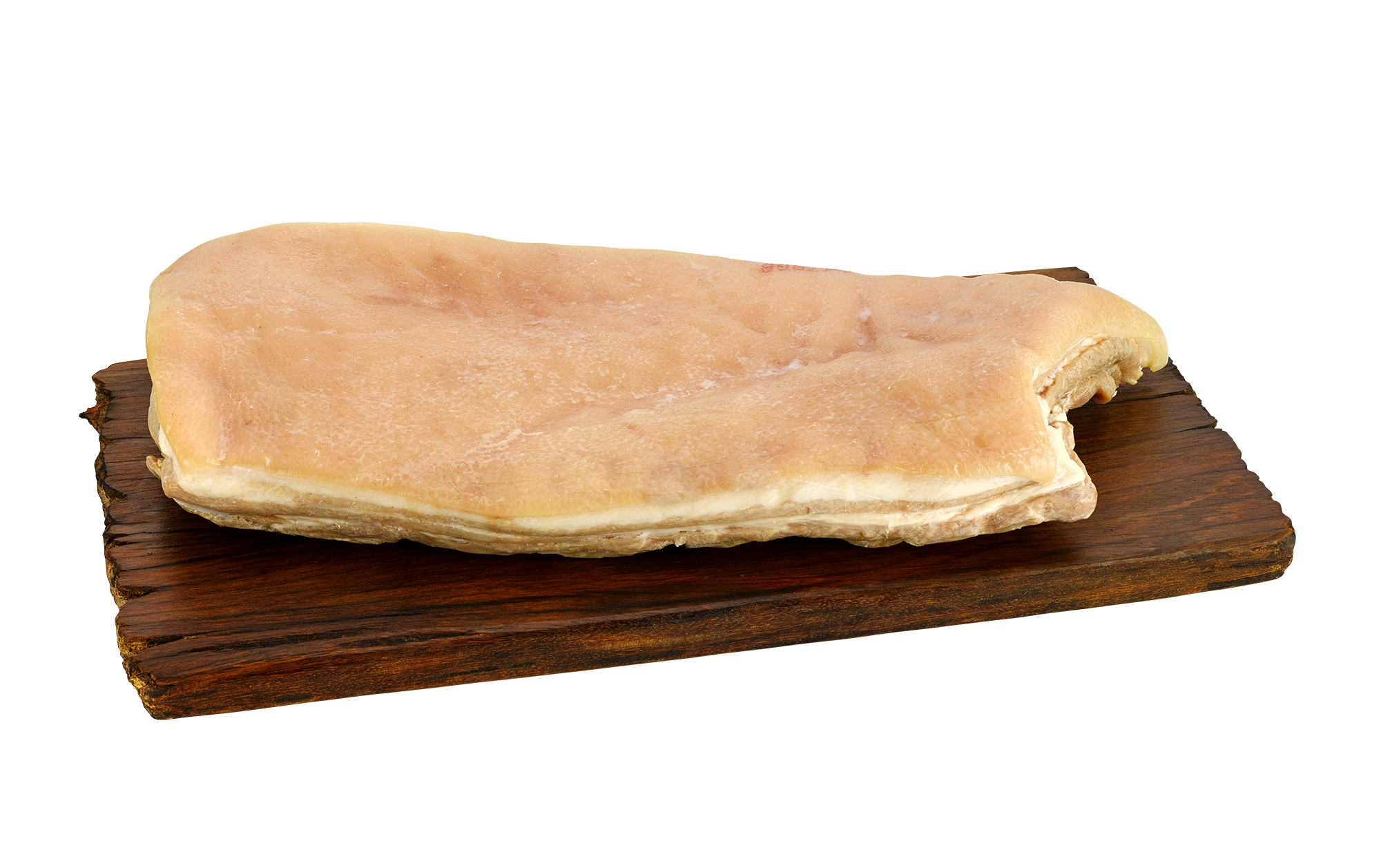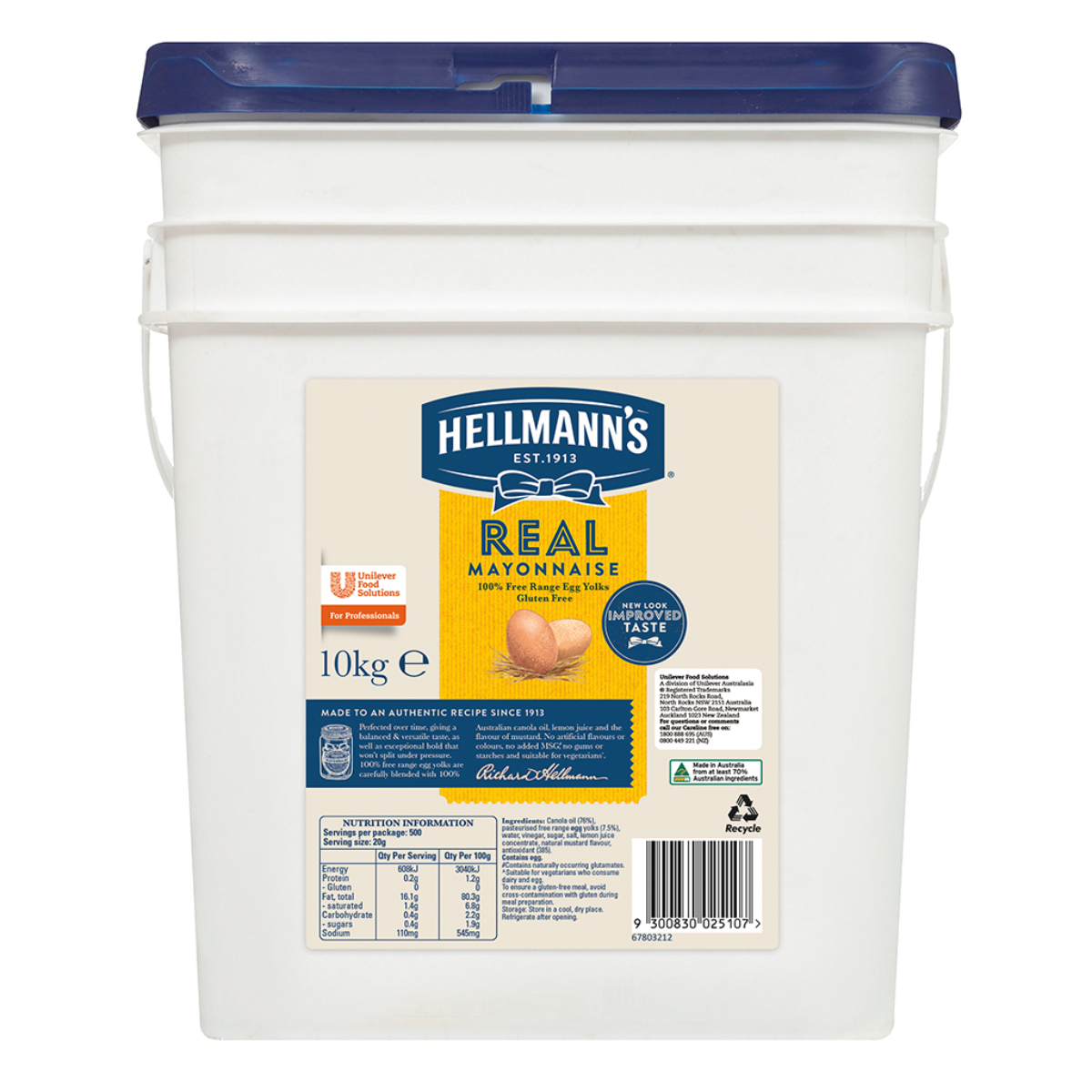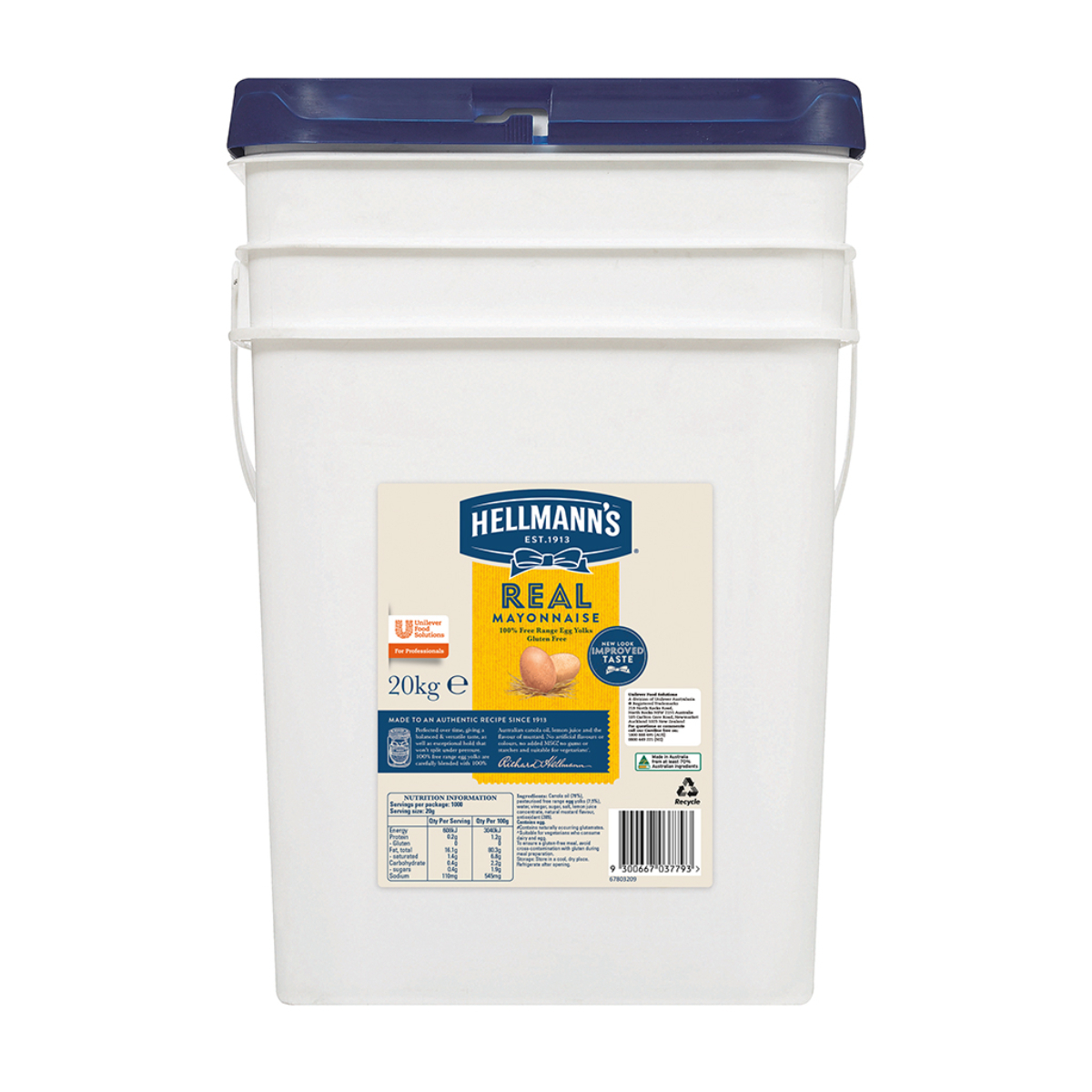Dario Nencioni (pictured above; image: supplied) says his earliest memories are of being in the kitchen with his mother and grandmother in Siena, Italy, as the flavours and fragrances of Tuscan cuisine wafted around him. He absorbed their skill and passion for the art of cooking, and eventually made a livelihood from gastronomy – first in Italy and since 2019, in Australia, where he is now Executive Chef of Bottega Coco, Luna Lu and Cardea.
Nencioni’s dedication to his craft is an asset to his restaurants and their customers who enjoy the rich flavours of his toil, but he’s had to adopt strategies to balance his private and working lives to keep up with the demands of the chef trade. “The reputation of the hospitality industry for poor work-life balance isn’t entirely unfounded,” he says. “The nature of the industry with its long hours, high-pressure environments and often unpredictable schedules can indeed make it challenging for workers to achieve a healthy balance between their work and professional lives.”
Schedule your life
For the most part, Nencioni doesn’t mind the long hours of hospitality – after all, it means he can indulge his passion for hours on end. But he says he wouldn’t be able to approach the demands of the kitchen if he hadn’t learnt to prioritise his health. “Taking care of yourself is essential for sustaining a demanding career in the kitchen,” he says. “Make time for exercise, proper nutrition, and sufficient sleep to maintain your physical and mental health.”
The only way to do that, according to Nencioni, is setting – and sticking to – a firm schedule that helps him boost productivity when he’s at work and allows adequate reboot time when he’s not. “I like to be organised and [be clear] what my schedule is,” he says. “I believe that it is essential to cultivate a private life, so I schedule my time to get the most out of it. I clearly define my work hours and days off.”
Michelle Forbes, chef-patron at Lady Lola Deli Bar & Bistro, agrees that without timetabling, it’s easy to slip into unhelpful habits. “It’s taken a long time to find that balance,” she says. “It is really about structuring your week and relying on your team as a support to make sure everyone’s roles are delegated properly to allow harmonious unison and dedicated downtime.”
Set firm boundaries
The hospitality industry has changed a lot over the past 20 years, with most modern chefs and restaurant owners understanding the importance of fostering a positive workplace culture. For chef Emma McCaskill, who will be cooking at the Tasting Australia Festival in Adelaide in May, a big lifestyle change came with the birth of her children, now aged nine and seven, and she’s learnt to ask for the working conditions she now needs. “For me, work-life balance means juggling the balance of fulfilling work with family, friends and self,” she says. “I have learnt to negotiate better flexible awork arrangements for myself that have provided me with a job description that brings balance in both my responsibilities at work and at home. Creating this balance has become a non-negotiable for me.”
Booking in regular boxing has also proven to be the ideal complement to a busy career and family life. “I have set weekly sessions with an amazing trainer who I now call a friend,” she says. “I naturally have a lot of energy, so we do a lot of high intensity boxing, which I find helps take my mind off things.”
James Walis, group executive chef at TICAA Group in Perth with past experience at Michelin and 2AA rosette venues, has deleted the email app from his phone. “I keep emails solely on my computer, which gives me some breathing space,” he says. “It’s also made me much more productive.”
Chef Ele Troise, who owns Sassy Italian Restaurant, made the executive decision to reduce the number of sittings offered to customers. “In the past I have operated for breakfast, lunch and dinner, so I had very limited time to socialise,” he says. “Operating this way became too much, so I cut the hours to only two shifts and freed up a good portion of my time each week. [That means] enjoying time with friends and loved ones and [supporting the football team] Carlton! Having other areas in your life in good order can help maintain that passion for cooking.”
Forbes advises young chefs to patiently chip away at career progression to preserve self-care along the way. “It’s a marathon, not a sprint,” she says. “Listen, learn, read and never be afraid to ask questions. Value your self worth [and] if you find yourself in a toxic environment, have the courage to change because that’s not okay anymore.”
Better for business
It’s worth remembering that it’s not just individuals who benefit from staff members feeling they’ve got enough downtime to restore and re-group – research shows that hospitality workers who have better work-life balance are more committed to their workplace. “The culture of the hospitality industry has shifted from how it was 20+ years ago,” McCaskill says. “Now there’s much more of a focus on fostering positive work culture within businesses as well as embracing diversity and inclusion. No doubt, it involves long, irregular hours of commitment and hard work, but also fantastic opportunities and career development.”
When restaurants create a nurturing environment, team members can find themselves with a new “family”, which, for many, is what this career is all about. “It’s important to check in on each other,” Forbes says. “We spend every day feeding our customers and sometimes forget that the person standing beside us each day is a treasure [so] be compassionate, be caring and nourish each other.”
When stress is mounting, Walis tries to keep things in perspective. “In an industry with tight margins, there’s always been pressure to do more,” he says. It took effort to adjust my relationship with work and realise that it’s okay not to be a superhero. Remember, you’re not saving lives, you’re cooking food. While passion is important, it’s crucial to maintain perspective.”

